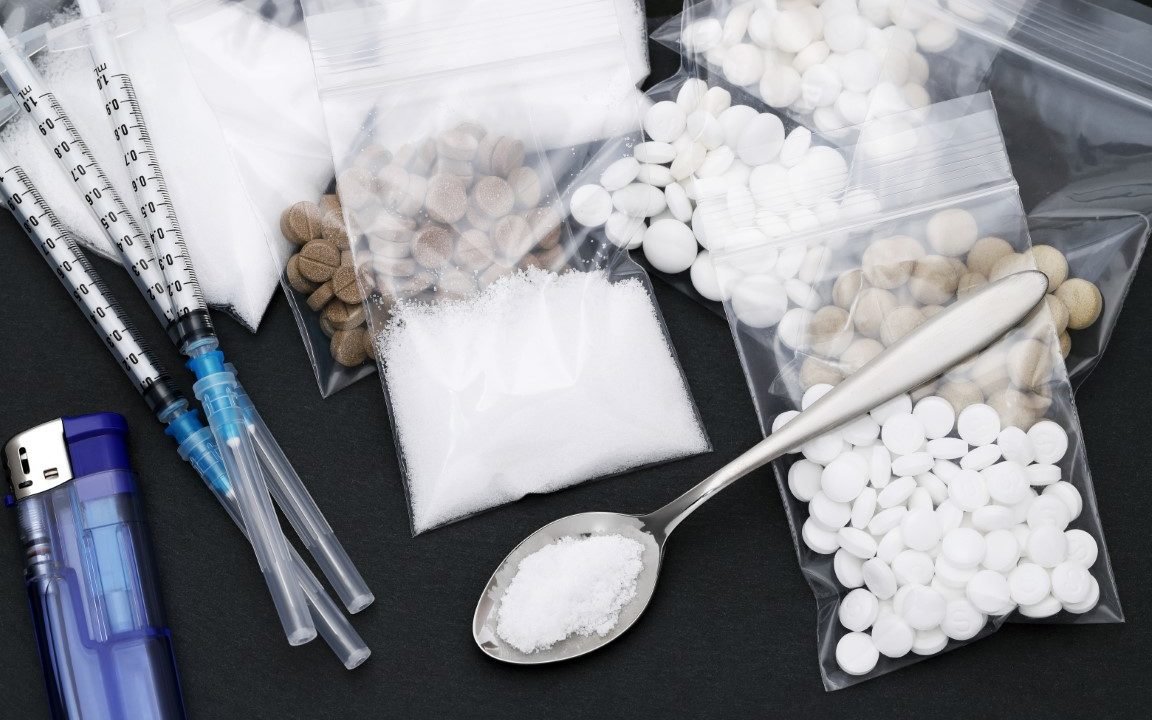While marijuana is legal for recreational use in Canada, possessing drug paraphernalia related to illegal substances is still subject to legal scrutiny. Therefore, understanding the scope of drug paraphernalia and its possible consequences remains crucial, even after marijuana’s legalization.
Defining drug paraphernalia
Drug paraphernalia refers to a wide range of items, devices, equipment, or materials that are specifically intended, designed, or modified for the use, consumption, cultivation, production, preparation, or administration of illegal drugs or controlled substances.
It is important to note that the determination of whether an item qualifies as drug paraphernalia often hinges on the context and the intent associated with the items in question. Law enforcement and legal authorities evaluate various factors, such as the presence of illegal drugs, the quantity of the substances involved, the proximity of paraphernalia to controlled substances, and any statements or indications of intent to use the items for illicit drug-related purposes.
Common examples of drug paraphernalia
- Smoking devices: Even though smoking marijuana is legal in Canada, certain devices, like pipes or bongs, may still raise concerns, particularly if there is evidence of intent to use them for illegal substances.
- Injection equipment: While medical users may possess injection equipment for legitimate purposes, possessing such items without a valid reason could be considered drug paraphernalia.
- Scales and measuring devices: Instruments used for measuring and weighing drugs can be viewed as drug paraphernalia if there is evidence of illicit drug-related activities.
- Kits and testing devices: Though marijuana quality control kits are available for legal use, possessing testing devices for illegal drugs may still be considered drug paraphernalia.
The link between drug paraphernalia and possession for the purpose of trafficking offences
Possession for the purpose of trafficking charges arise when there is evidence that an individual not only possesses drugs, but also intends to distribute or traffic them. Drug paraphernalia, such as scales, baggies, and other equipment used for packaging and distributing controlled substances, can be critical evidence in establishing the intent to traffic drugs, as it suggests the intent to sell or distribute beyond personal use.
The importance of legal representation
If you find yourself facing drug related charges, seeking professional legal representation is vital. At Collett Read LLP, our experienced criminal defence lawyers understand the nuances of drug laws in Canada and are committed to protecting your rights, regardless of the substance involved. Our team will work tirelessly to provide a strong defence, ensuring the best possible outcome for your case.
Contact our team at (905) 541-2228 or fill out our free consultation form for a confidential discussion with our lawyers.
